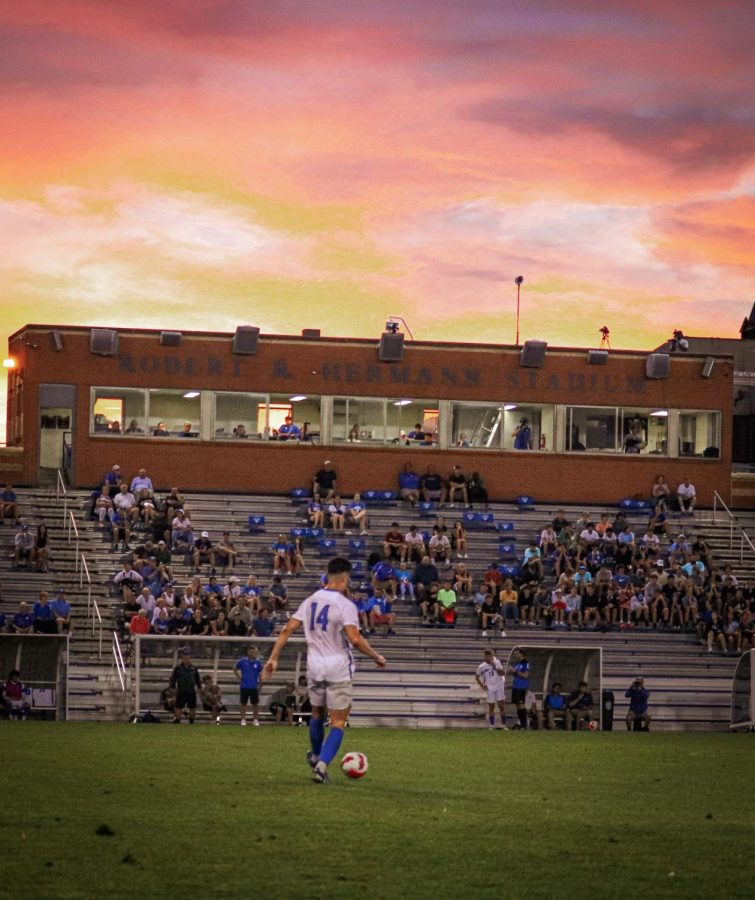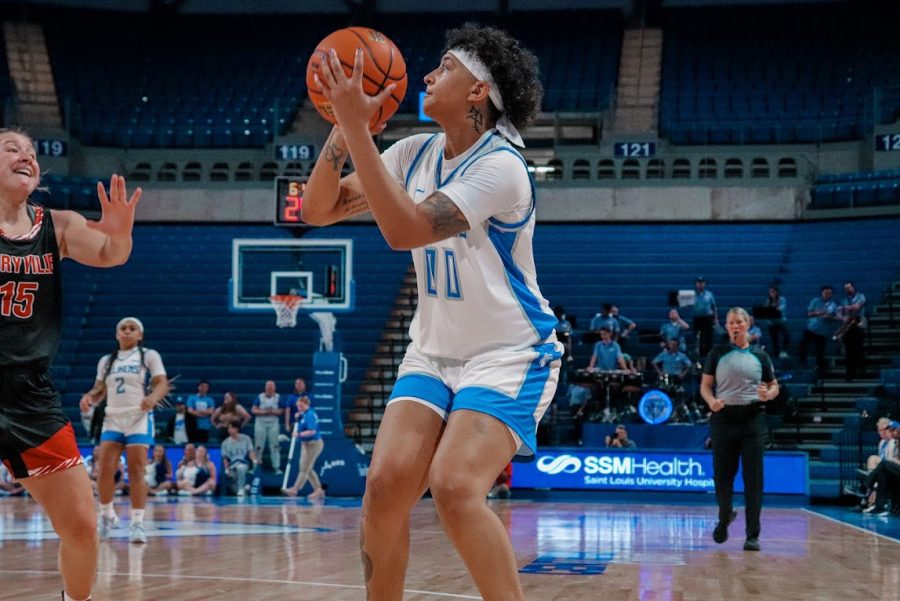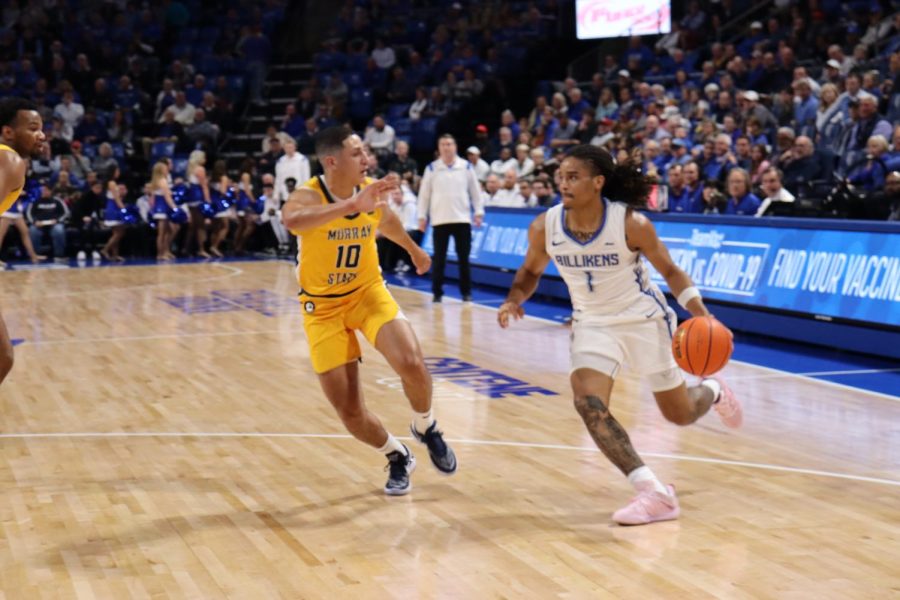The United States is often referred to as a melting pot, due to its long history of immigration and rich blend of cultures. Today, however, it has become more comparable to a salad bowl, because each ethnic group is maintaining its unique characteristics instead of mixing into the American culture. This phenomenon is evident in the South Grand area, where multiculturalism is booming. Among the various pockets of cultural groups is the growing Latino/Hispanic population. According to the census of 2000, conducted by the United States Census Bureau, the Latino/Hispanic community makes up 2 percent of the St. Louis City population.
Just three miles from the Saint Louis University campus, two organizations carry out extensive operations in order to help these immigrants and refugees transition to life in the United States. Located on South Grand, La Cl?nica and Acc?on Social Comunitaria (ASC) provide a variety of services and resources for St. Louis’ Spanish-speaking community. Although La Cl?nica and the ASC remain separate on a day-to-day basis, they both embrace the same goal: to empower the Hispanic population. While La Cl?nica carries out its mission through health services, the ASC achieves its goals through education. SLU students are responding to the needs of the Latino/Hispanic community by volunteering their time with these two nonprofit agencies.
Founded in 1996, La Cl?nica serves uninsured, under-served migrant workers, immigrants, refugees and persons of Hispanic/Latino descent by ensuring access to healthcare services such as prenatal care, a dental clinic and internal medicine. Each week, SLU medical students use their academic knowledge and training to offer assistance to the patients of La Cl?nica.
Through patients treated at La Cl?nica and other community outlets, ASC encounters families trying to navigate through the American culture. ASC works with these families to overcome educational, social service and language barriers that often cause isolation of the Hispanic community. Hispanic immigrants frequently suffer from low-income status, making it difficult to afford higher education.
Two of the most fundamental services provided by ASC are its tutoring and mentoring programs and the Parent and Information Resource Center. The tutoring and mentoring programs have an enrollment of 40-50 children each session, while the PIRC consists of approximately 130 families. Adults participating in the PIRC receive help in areas such as education, employment and cultural transition.
To ensure advancement in school, the ASC works with Hispanic children to improve literacy skills while providing critical educational, cultural and socialization tools. Currently, 40-50 active volunteers from local universities dedicate Tuesdays and Thursdays from 4:15 p.m. to 6:45 p.m. to tutor and mentor Hispanic elementary and high school students.
“The ASC is trying to reduce the achievement gap between Hispanic students and their American counterparts,” said Kim McGrath, director of programming for ASC. “We want to ensure that all children are up to grade level and that they maintain their Spanish fluency.”
Eighty percent of the tutors are bilingual, which creates a comfortable environment for the students to speak Spanish. This school year, approximately 12 SLU students have contributed to ASC by acting as tutors and mentors to the Hispanic students.
Amanda Lopez, a senior studying Spanish, sociology and international studies, began tutoring with ASC her freshman year after learning about the opportunity in a Spanish class. She continued to return to the program year after year, and now she is interning with ASC. Lopez is also the vice president of the Hispanic American Leadership Organization and recruits a lot of HALO members to participate.
The majority of SLU volunteers are liberal arts students, but they come from a variety of disciplines, such as Spanish and social work. Usually volunteers learn about this service opportunity through word of mouth, but others needing to obtain service hours are referred by Spanish instructors and campus organizations.
To volunteer, it is helpful to have some knowledge of Spanish and an understanding of the culture or at least a willingness to learn. Making yourself available to come frequently is also necessary because you will get to know the students better, and they will get to know you. Prior to tutoring or mentoring, a volunteer form and background check must be completed, which can be found electronically at www.asc-edu.org.
“It is a great opportunity to volunteer and have fun working with kids,” says Jack Riegel, volunteer coordinator for ASC. “It can be addictive, because you are building relationships, and it is neat to see the kids grow.”







